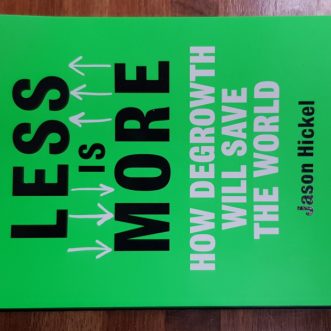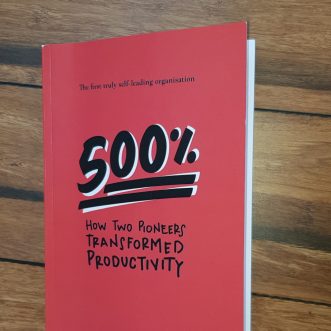
Facts are the enemies of truth
When you create your own business, the ‘truth’ of why it exists, what it does, who it’s for and how it should work is only in your head.
If you want to grow beyond the impact you can make on your own, you have to find a way to communicate and transfer that truth to the heads of your collaborators.
At that point, we tend to replace our truth with facts. Facts are controlling, dry, objective, soulless. We try to flesh the truth out as much as possible by adding too many facts, hiding the very thing we need to reveal.
No wonder people resist, preferring to follow their own idea of the truth – however different that may be from yours. What’s really needed is a way to position your truth in the space between the people who work together to deliver it. That way everyone can access it, everyone can question it, everyone can improve it.
Your truth is your Promise of Value. The space between the people who work together to deliver it is your business.
Make a map of that space that describes how you make and keep your Promise to the people the business serves. Keep the facts minimal – just enough to indicate concrete action; allow the truth to shine through.
Leave room for interpretation, dissent and discussion. Then make sure there’s a process for reaching consensus around a new, better truth. That’s how your business will grow and evolve.
Thanks to Carlos Saba, for introducing me to the book that inspired this post. It’s well worth a read.







